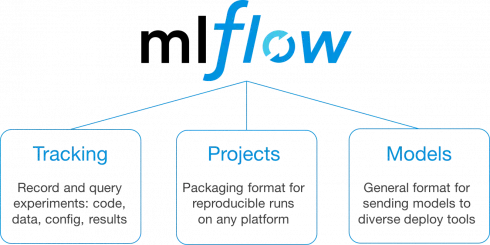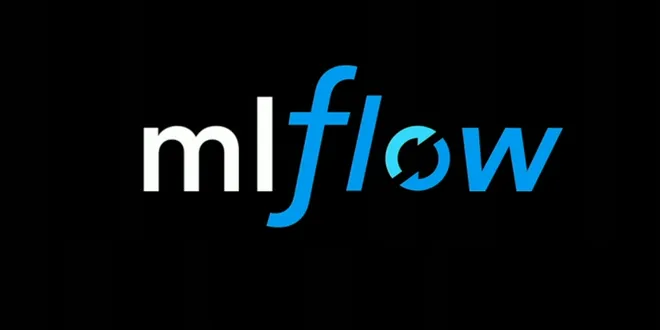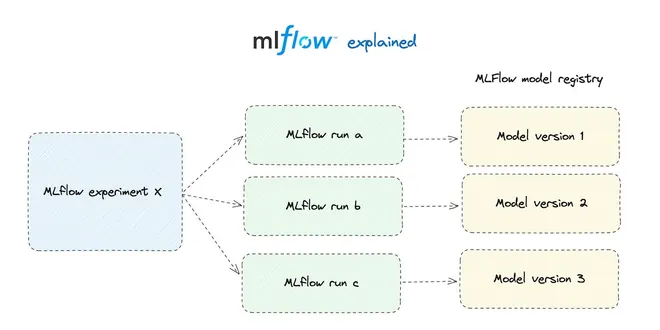MLflow

Getting started with mlFlow
mlFlow is a framework that supports the machine learning lifecycle. This means that it has components to monitor your model during training and running, ability to store models, load the model in…
📚 Read more at Towards Data Science🔎 Find similar documents

Unleashing the Power of MLflow
MLflow helps to manage the machine learning lifecycle, including experimentation, reproducibility, and deployment. It provides ready-to-use interfaces for the most common ones, giving it a high degree...
📚 Read more at Towards Data Science🔎 Find similar documents

An Introduction to MLflow
The basics of MLflow and how to get started. In this post, we will go over the basics of MLflow and how to get started. In short, MLflow is an open-source platform to manage your machine learning pro...
📚 Read more at Python in Plain English🔎 Find similar documents

Setup MLflow in Production
MLflow is an open-source platform for machine learning lifecycle management. Recently, I set up MLflow in production with a Postgres database as a Tracking Server and SFTP for the transfer of…
📚 Read more at Towards Data Science🔎 Find similar documents

Find your way to MLflow without confusion
MLflow is probably the most popular tool for model registry and experiment tracking out there. MLFlow is open source and integrates with a lot of platforms and tools. Due to its extensive support and ...
📚 Read more at Marvelous MLOps Substack🔎 Find similar documents

Integrate MLflow Model Logging to Scikit-Learn Pipeline
MLflow is an open source tool which has features like model tracking, logging and registry. It can be used to make easy access of Machine Learning model inside a data science team and also makes it…
📚 Read more at Analytics Vidhya🔎 Find similar documents

Deploy Your Own MLflow Workspace On-Premise with Docker
MLflow is an open source platform to manage the lifecycle of ML models. In this article, we present a production-ready Docker-based MLflow Workspace.
📚 Read more at Towards Data Science🔎 Find similar documents

An Introduction to MLFlow
MLFlow is an open-source platform for managing the complete end to end machine learning lifecycle. Has four major components and functionalities. Machine learning has different goals than traditional…...
📚 Read more at Analytics Vidhya🔎 Find similar documents

A Brief Implementation of MLFlow!
Photo by UX Indonesia on Unsplash Have you ever run into a scenario where you experiment with multiple models and lose track of the performance of each of the models? Are you someone who just names th...
📚 Read more at Towards AI🔎 Find similar documents

ML Experiments Tracker -MLFlow
MLFlow is Python library that has features to better manage flow of ML projects. It comes with various components. And in this article we will be looking at one of the component called MLFlow…
📚 Read more at Analytics Vidhya🔎 Find similar documents

MLflow: a primer
By following the exact steps in this blogpost, you’ll be able to simply take your on-premise ML project into the MLflow framework. If you have ever been involved in a production-level AI-based…
📚 Read more at Towards Data Science🔎 Find similar documents

Hands-on Introduction to MLflow With a Toy BMI Example
Track your ML models like never before Photo by Toomas Tartes on Unsplash Intuition Imagine you are the leader of a land navigation group following an unfamiliar route on foot. What would you do to t...
📚 Read more at Towards AI🔎 Find similar documents

